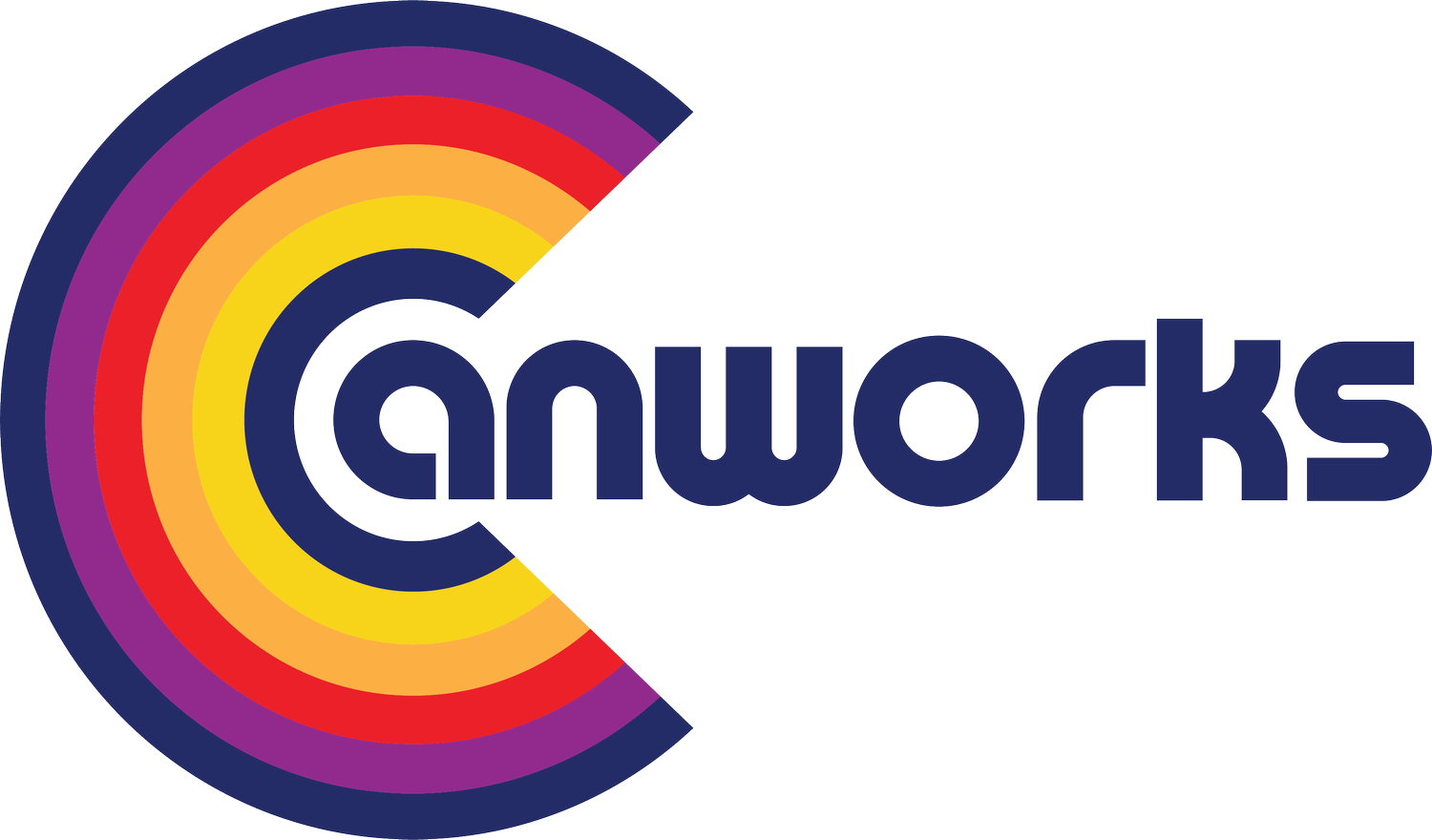Digital Printing Solves Recycling Issues Caused By Single-Use Plastics
FACT: Did you know each PSL sticker creates 1.8g of waste per can? Meaning an 18 layer pallet of cans equal to a little over 15 pounds of plastic waste!
Aluminum cans are highly sought after and are the main choice for beverage brands for their low weight and their freshness benefits. This is even more true for the craft beverage markets, which now have exceeded beyond beer to seltzers, cocktails, wine, sodas, and even water. Aluminum is also one of the most sustainable packaging materials, being infinitely recyclable. The smelting process does not alter the properties and can be reused again and again. Out of all the aluminum ever produced, 75% is still used today. In fact, aluminum drink cans can be recycled, remanufactured, and back to the market in 60 days!
Craft brewers have been hunting for an affordable solution for can decoration and are unsuspectingly contaminating aluminum cans by using plastic sleeves and labels. Can manufacturers are starting to push against this trend. Ball Corporation (one of the largest aluminum can manufacturers) published its article “Toward A Perfect Circle” which voices its vision for a fully circular beverage packaging system.
We at Canworks eliminate to complete use of single-use plastics on aluminum cans. We digitally print directly onto the can with high-quality finishes such as matte, gloss, and spot varnish with no limitations when it comes to color. Digitally printed cans have the massive benefit of offering the capability to be melted down without issues. To understand how damaging the use of single-use plastic labels and sleeves on beverage cans here is the overall recycling process step by step.
1) The initial stage of the recycling process incoming waste is sorted into streams for each material type. Optical sorters often mistake plastic-sleeved cans for plastic bottles, diverting them to the wrong waste stream. Billions of cans end up in landfill each year in the USA, and some states are now trying to ban them from landfill. These include California Connecticut, Delaware, Hawaii, Maine, New York, Oregon, and Vermont.
2) Once separated, aluminum cans are baled before the bales are shredded. The ISRI (Institute for Scrap Recycling Industries) spec for baled aluminum states bales must be “free of bottle caps, plastic cans and other plastic”. This is because plastic dust from sleeves creates combustible dust which creates a significant fire/explosion risk. Plastic also gums up the shredders, causing breakdowns and reducing efficiency.
3) Next the shredded aluminum is heated to burn off ink and varnish. At this point plastics in shredding mix again create a fire risk and cause downtime. PVC labels give off chlorine while being burned, requiring the exhaust to be incinerated to remove pollutants. PVC remains the most commonly used label and shrink-sleeve material.
Canworks printing directly onto the beverage can is the most sustainable solution alternative that removes recycling headaches and is lower in costs and has proven higher quality results than other traditional labeling options. Our digital printing technology allows artists to design without the concern for seams. Digital print also helps brewers with the filling process since shrink sleeves commonly get stuck together.

